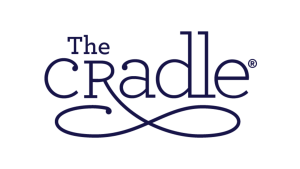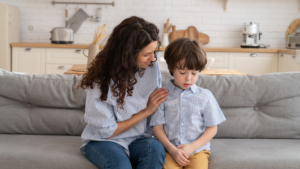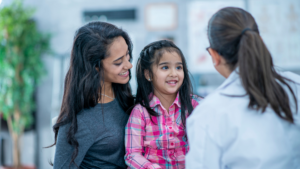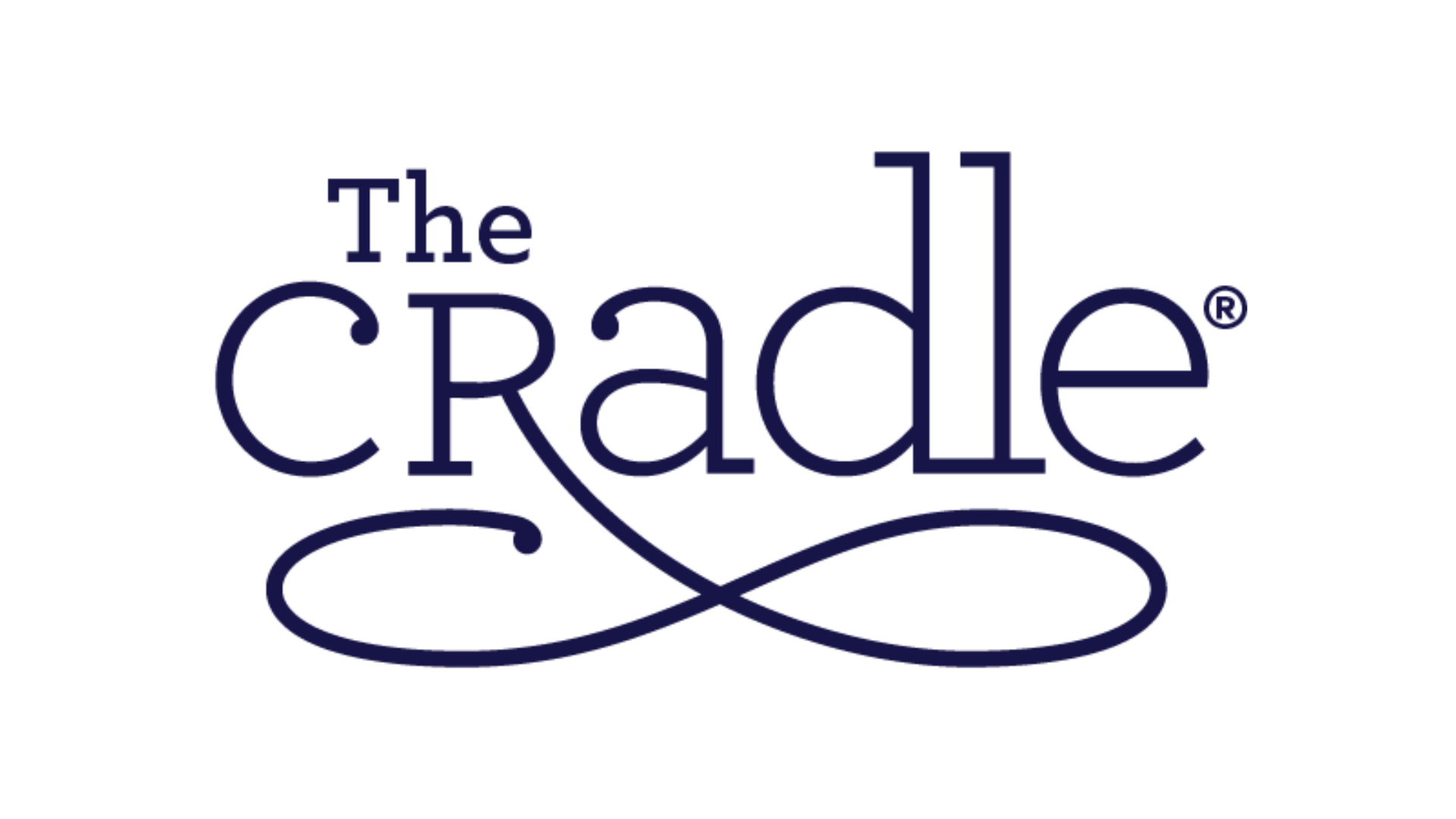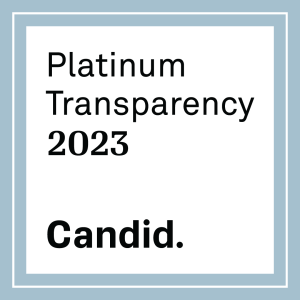Adoption can be complex and is often misunderstood. Adoptive and birth families can encounter unhelpful stereotypes that do not reflect their lived experience. The Cradle dispels six common adoption misconceptions and offers insights into the realities of adoption today.
Myth #1: All birth parents are teenagers or from challenging backgrounds.
There are many stereotypes about those considering adoption. Whether “16 and pregnant,” or “poor addict,” these harmful images do not accurately reflect the current demographics of people considering adoption. They come from a variety of ages and backgrounds, including educational levels, marital status and socioeconomic classes. There is not one type of birth parent.
Myth #2: Birth parents do not want their children.
There are many reasons birth parents may choose an adoption plan. This selfless and difficult choice is made with careful consideration, driven by a desire to have the best possible outcome for their child. They hope to give their child opportunities or an environment that they feel unable to provide, underscoring the depth of their commitment to their child’s wellbeing. It is a decision made from a place of love, not because they do not want their child.
Myth #3: Open adoption is co-parenting.
While open adoption has become standard practice, there are still many misconceptions about what it is and how it works. Open adoption looks different for everyone. It can involve ongoing contact such as phone calls, visits or exchanging photos and letters. If ongoing contact is not possible, a spirit of openness can look like sharing a child’s adoption story often and creating an open atmosphere to talk about how a child became part of their family. Even in cases where the family has a close relationship with the birth parent(s), the adoptive parents are the parents. Birth parents are not involved in the day-to-day lives of parenting and decision-making.
Myth #4: Open adoption is confusing for children.
Because of its complexities, people may assume that open adoption will make children confused. But in reality, the opposite is often true. Open adoption can give children a clearer sense of identity. All children naturally have questions like, “Who am I? Where did I come from? Who loves me?” However, for adopted children, the answers to these questions are more complicated. Secrecy can lead children to believe their adoption is something bad or that they should be ashamed of. Sharing a child’s adoption story from an early age assures them that talking about it and asking questions is okay. It also gives them access to information about their medical and social history. Open adoption often helps to clear up confusion, not create it.
Myth #5: Adopted children have a lot of problems.
While adoption may present some unique challenges, adopted children can thrive with proper support. While adopted children are often disproportionately represented in therapeutic services and certain diagnoses, this can be attributed to adoptive parents being more comfortable seeking support. When issues arise, as they do for all families, adoption-competent therapy can help parents recognize if challenges are adoption-related or a typical life stage. Many adopted children live happy and healthy lives!
Myth #6: You have to be married (and rich) adopt.
Many individuals may hesitate to consider adoption because they don’t fit a certain mold. But adoptive families come in all shapes and sizes! There are resources available to help make adoption financially accessible. The Cradle is non-sectarian, working with wonderfully diverse clients from all religious affiliations, sexual orientations, gender identities, abilities, races and ethnicities.
Visit our Adoption Services page if you are interested in learning more about adopting a child or our Pregnancy Support page if you are pregnant and need help figuring out your options. You can also call us at 800-CRADLE4 (800-272-3534).

